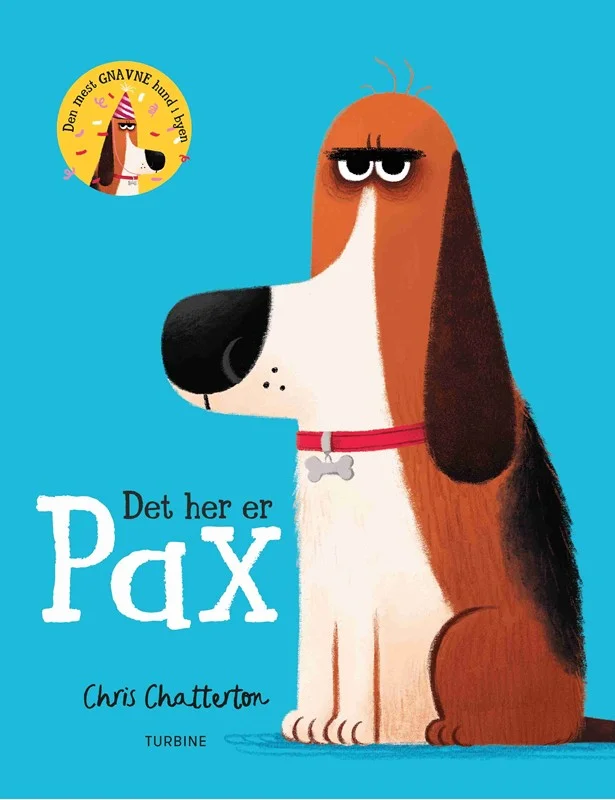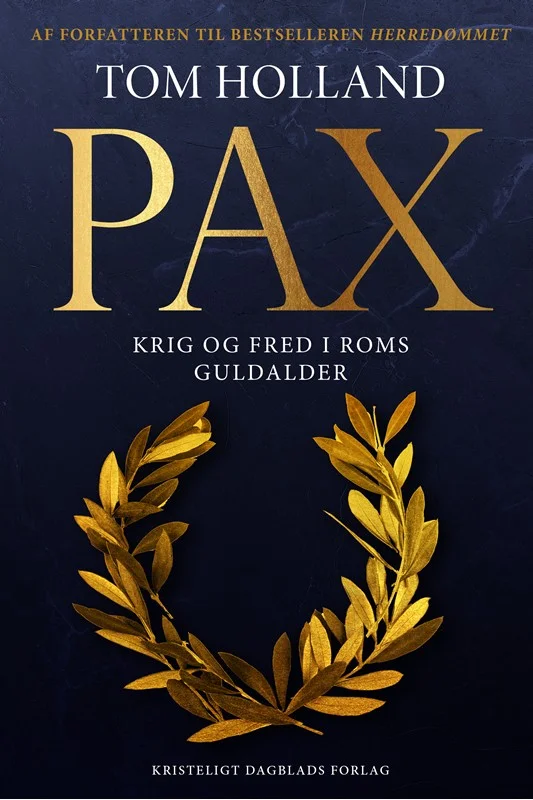
Mærke
- Taylor & Francis Ltd 11
- John Wiley & Sons Inc 7
- Oxford University Press Inc 6
- Kogan Page Ltd 5
- Princeton University Press 5
- Turbine 5
- Bloomsbury Publishing PLC 4
- John Wiley and Sons Ltd 4
- BenBella Books 3
- Gads Forlag 3
- Gyldendal 3
- HarperCollins Publishers 3
- Harpercollins Childrens Books 3
- Harvard Business Review Press 3
- McGraw-Hill Education - Europe 3
- Random House USA Inc 3
- C Hurst & Co Publishers Ltd 2
- Duke University Press 2
- Faber & Faber 2
- Kristeligt Dagblads Forlag 2
- Little, Brown Book Group 2
- Manchester University Press 2
- McFarland & Co Inc 2
- Morgan James Publishing llc 2
- Pen & Sword Books Ltd 2
- Penguin Books Ltd 2
- Pennsylvania State University Press 2
- Rupa Publications India Pvt. Ltd 2
- Scribe Publications 2
- Wharton Digital Press 2
- Workman Publishing 2
- Yale University Press 2
- Akashic Books,U.S. 1
- Alpha Forlag 1
- Amberley Publishing 1
- Atlantic Books 1
- Augsburg Fortress Publishers 1
- Baen Books 1
- Beacon Books and Media Ltd 1
- Berrett-Koehler 1
- Boom! Studios 1
- Captivating History 1
- Charlesbridge Publishing,U.S. 1
- Cobolt 1
- Dansk Psykologisk Forlag A/S 1
- Djøf Forlag 1
- ECW Press,Canada 1
- Forlaget Kraka 1
- Forlaget Ravnerock 1
- Forlaget mellemgaard 1
- Gads Børnebøger 1
- Georgetown University Press 1
- Gibson Square Books Ltd 1
- Gladiator 1
- Goose Lane Editions 1
- Gyldendal Business 1
- Hardie Grant Books (UK) 1
- HarperCollins 1
- Harvard University Press 1
- Holland House Books 1
- Hong Kong University Press 1
- ISEAS 1
- Jensen & Dalgaard I/S 1
- LID Publishing 1
- Lars Muller Publishers 1
- Little, Brown & Company 1
- Living Architecture 1
- Navy Records Society 1
- O'Reilly Media 1
- Omnidawn Publishing 1
- Oneworld Publications 1
- Other Press LLC 1
- Oxford University Press 1
- Pan Macmillan 1
- Pax Veritas Media, LLC 1
- Penguin Publishing Group 1
- Phaidon Press Ltd 1
- Pluto Press 1
- PublicAffairs,U.S. 1
- Quarto Publishing PLC 1
- Rutgers University Press 1
- SAGE Publications 1
- Scholastic 1
- St Martin's Press 1
- Stanford University Press 1
- State University of New York Press 1
- The Merlin Press Ltd 1
- Transworld Publishers Ltd 1
- University of Minnesota Press 1
- University of Nebraska Press 1
- Uniwersytet Jagiellonski, Wydawnictwo 1
- Vintage Publishing 1
- Zondervan 1
























